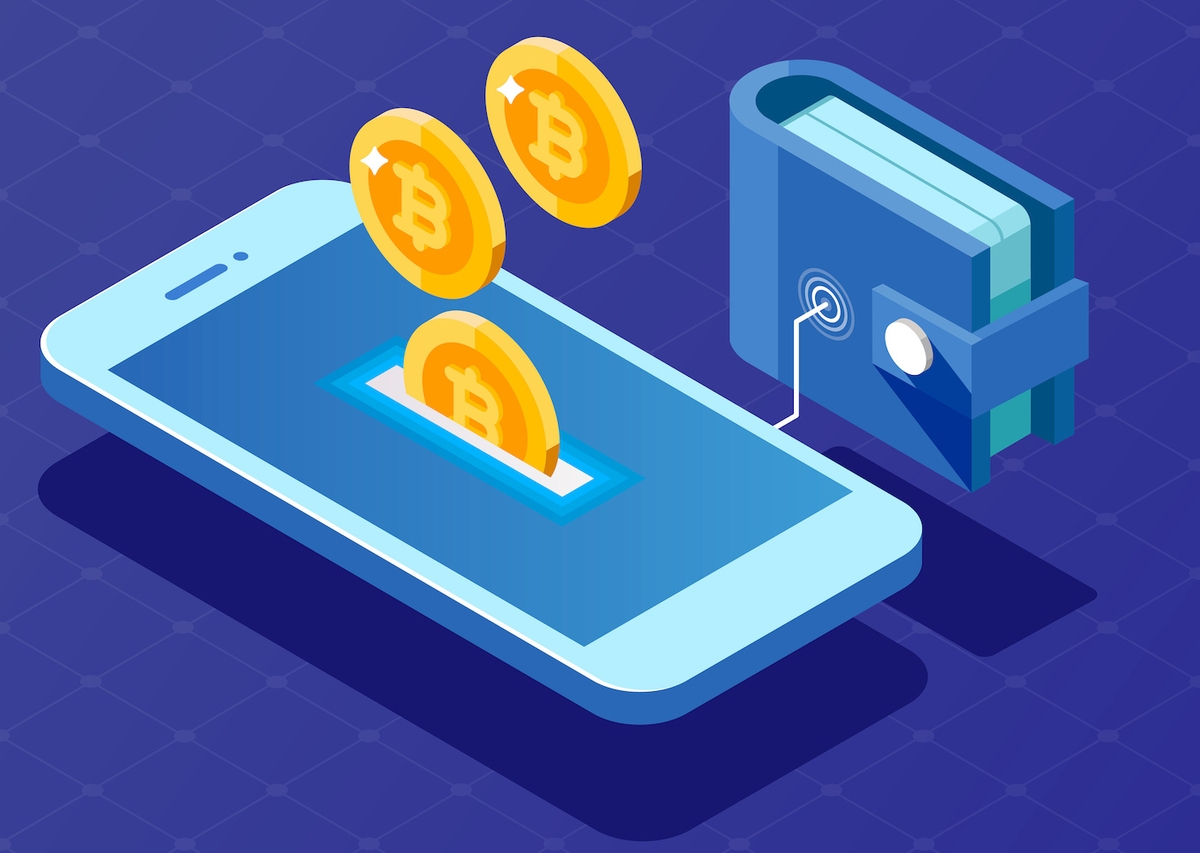The first cryptocurrency has unobvious advantages
Since the release of the genesis block in 2009, the first cryptocurrency has gone from an unknown coin to a major digital asset with a capitalization of hundreds of millions of dollars.
“Digital gold” has a lot of advantages, and due to this, its popularity is growing every year. But when investing in BTC, it is worth considering that this asset has a significant number of disadvantages.
Strengths of Bitcoin
1. Decentralization
One of the fundamental characteristics of cryptocurrencies is decentralization. In January 2018, a record maximum number of nodes (these are computers connected to the blockchain network) of bitcoin was recorded – then it reached 200 thousand.
Since then, the value has been declining, and in May of this year a three-year low of 47 thousand nodes was recorded. This means that fewer and fewer users participate in the validation (confirmation) of transactions and store copies of the blockchain of the first cryptocurrency on their devices.
However, so far, according to Bitcoin developer Matt Corallo, the decrease in the number of nodes does not pose any particular problems for the network.
It is important that validators continue to validate transactions and that there are enough nodes for other nodes to download the blockchain.

Bitcoin is not controlled by a private company or the government of a large state. In mid-2010, even the creator of the first cryptocurrency under the pseudonym Satoshi Nakamoto stopped participating in the work on the project.
After that, his fate was given to independent developers. Their work is supported by donations and with the help of the Bitcoin Foundation, which also lives on grants from commercial organizations.
2. Cheap transfers worldwide
Commissions for transactions in the bitcoin network and the speed of their implementation does not depend on the distance over which the transfer needs to be made.
If using the services of companies such as Western Union, sending funds can take several days, then Bitcoin will cope with this task in an average hour. In this case, the commission will be incommensurable with the amount sent.
For example, in February of this year, the Bittrex exchange sent 49,922 BTC ($460 million at the exchange rate at that time) in one transaction with a commission of $0.60.
And in January, an operation was carried out in the amount of 124,946 BTC (about $1 billion), for which they had to pay $83. At the same time, BTC is considered an outdated cryptocurrency in terms of technology, and to solve its shortcomings, there are a lot of altcoins that will perform such tasks much faster and better.
For example, the XRP token was developed by Ripple to solve the problems of the banking sector. Blockchain project products, such as xRapid, allow you to instantly and almost free of charge transfer large amounts over any distance.
3. Uninterrupted network operation
The main danger for any cryptocurrency is a 51% attack, when a group of miners controls at least 51% of the network, due to which it can influence transactions and the blockchain as a whole.
According to the crypto51 service, now the cost of 1 hour of such an attack on the network of the main digital coin costs about $433 thousand. This amount depends on the hashrate of the asset.
Right now, most of the computing power of bitcoin is located in China. It can be assumed that the authorities of the country, if they want, will be able to unite mining companies in order to seize control over the blockchain of the first cryptocurrency. However, experts are sure that this will never happen.
Mining companies will not destroy their source of income, explained Sergey Arestov, co-founder of BitCluster. Even if someone decides to attack the network of the first cryptocurrency, this will not destroy it, but at most will lead to failures that can be eliminated by releasing an emergency update.
The cryptocurrency network has been working without errors for many years. And while there are no prerequisites for the fact that this situation may change.
4. Deflationary nature
Everyone started talking about the deflationary nature of bitcoin in 2020, when the Fed and the central banks of large countries began to apply extraordinary measures to support the economy.

Since the beginning of the year, the total balance sheet of the US, Europe and Japan has grown by $5 trillion. At the same time, the issue of cryptocurrency cannot be increased; under any circumstances, it will not exceed 21 million coins.
This means that, unlike, for example, the US dollar, which is issued on a limitless scale, bitcoin is not subject to inflation.
On the contrary, over time, the supply of cryptocurrency on the market will decrease, which means that even if demand remains, its price will increase. The coin is programmed to rise in price, which makes it look much more valuable than fiat money.
5. Digital Gold
Bitcoin can replace gold as a store of wealth, analysts at investment firm Grayscale are sure. They explained that the precious metal has large reserves, it cannot be easily divided and transported.
Therefore, the first cryptocurrency is perfect for the role of “digital gold”. At the moment, the usability of a traditional asset is significantly lower than that of its modern counterpart.
EOS creator Brendan Blumer is confident that BTC will replace gold and become the main asset for storing value in the next twenty years.
6. Easy way to invest
In order to start trading bitcoin, you do not need to have special licenses or knowledge. It is enough to go through the registration procedure on a crypto exchange or download an electronic wallet.
However, this is fraught with the fact that many people who are far from the world of finance lose money on literally blind investments.
For example, those who invested in the XRP token in January 2018, when it was trading at $3.4, are now unlikely to ever get their money back (the price of the coin is now 94% lower, around $0.191).
7. Protective asset
During local economic crises, the bitcoin exchange rate on local sites often rises above the average market values. For example, cryptocurrency is super popular in Argentina and Venezuela.
When people lose confidence in their national currencies, they try to find an alternative to save their money. Bitcoin, despite the insane volatility, is not subject to inflation and, moreover, hyperinflation. Therefore, it looks like a great investment option.
